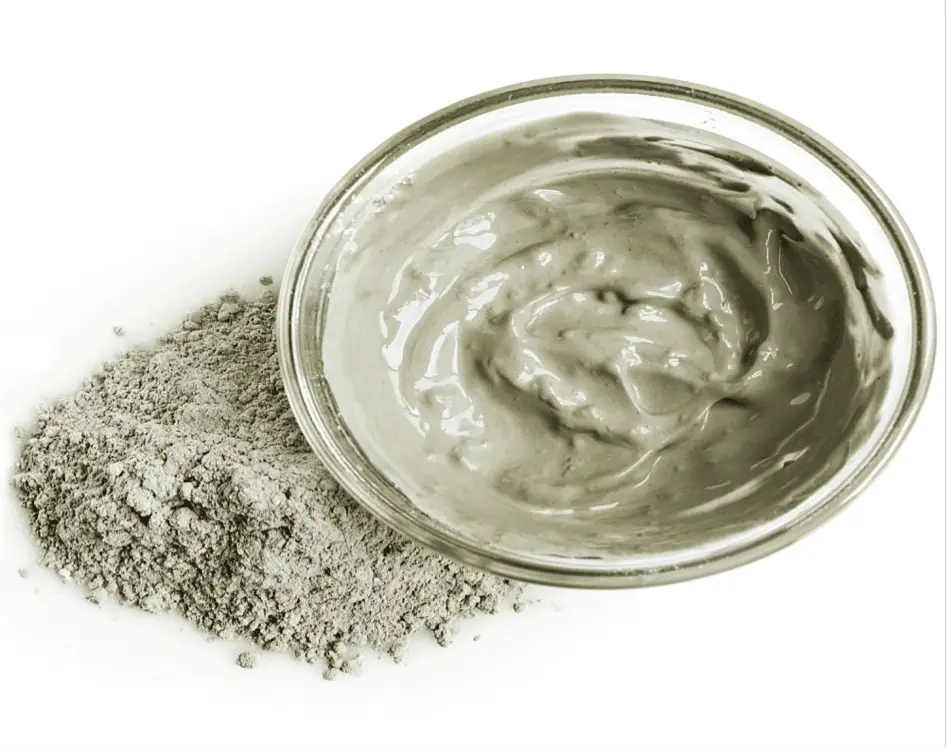Bentonite is an aluminum silicate with fine particle size and high adsorption capacity for oils and other substances. Many people use it in beauty products. That makes it a great addition to many different types of cosmetics because you can use it as an absorbent or a thickening agent. Some factors can affect the longevity of bentonite clay. But how long will the product last before you need to replace it?
There are three major determinants of how long your bentonite clay will last:
The Quality – The purity and naturalness of bentonite clay are what determines its shelf-life. The more it gets processed, the less effective it becomes. It’s also essential to select a trusted company when choosing which brand of bentonite clay to buy. If you’re unsure about the quality of your clay or if it has been contaminated in any way, it’s best to be on the side of caution and replace your supply.
The Type – There are two different types of bentonite clay, sodium and calcium. They have similar properties, but some significant differences might affect how long you can use them.
Sodium bentonite is less expensive than its calcium counterpart, but it’s also more powerful. It will expand in water, so always be careful when adding it to any liquid substance. It could potentially cause the bottle to burst or your skin to feel itchy.
Calcium bentonite tends to be gentler, but it doesn’t have the same absorptive capacity as sodium bentonite. The latter might last a bit longer because it absorbs more impurities.
The Concentration – Some manufacturers might hype up the concentration of their products, but it isn’t affect its expiration date. A high ratio of clay means there’s less filler, which means you’re getting a better quality product that’ll work wonders for your skin or hair. But it also means the potency of the bentonite clay is higher, so you’ll have to be useless.
Does Bentonite Clay Expire?
Bentonite clay has a shelf life of 2 years if properly stored in an airtight container and away from direct sunlight. If you notice any signs of moisture or mold, throw it away immediately. Keep in mind that the shelf life of any bentonite clay depends on how pure it is and what kinds of contaminants might have entered into the product throughout its lifetime.
Exposure to extreme temperatures can also cause stones or rocks to chip and become less effective when added to different formulas.
If you’re looking for a way to measure the effectiveness of your bentonite clay, consider purchasing an electric conductivity meter. You can use this instrument to determine how much sodium or calcium is in each product you buy.
The more electrically conductive it is, the higher the concentration of minerals and other impurities that might affect its shelf life.

What Kinds of Things Might Affect the Shelf Life of My Bentonite Clay?
As mentioned previously, exposure to extreme temperatures can cause your stones or rocks to chip. That will reduce its purity and may also create the perfect breeding ground for mold. If you live in a humid area, it’s best to store your products somewhere else that will maintain low humidity levels. That will ensure it remains free of contaminants.
Another issue is the integrity of your container or packaging material. Bentonite clay is an extremely effective adsorbent, which means it’ll absorb any impurities that might come into contact with it. If you notice any signs of contamination, throw away your bentonite clay immediately and buy a new one.
What about Using Bentonite Clay for Toothpaste?
Bentonite clay is commonly used as an ingredient in toothpaste because of its purifying properties. People use it alone as a home remineralization treatment.
Both of these applications require a high concentration of the product, which means it’ll be more efficient and effective than using lower concentrations.
Don’t forget that you can use MONQ to get an even stronger dose. Several users have reported that just one puff is enough for them to see results in their teeth and gums, but it’s ideal for giving it a few puffs to see how it works for you.
What about Using Bentonite Clay for Kitty Litter?
Bentonite clay is commonly used in kitty litter because of its absorptive properties. Some manufacturers market it specifically to keep your cat’s litter smelling fresh and clean.
If this is an application you have an interest in, it’s important to remember that bentonite clay is not all-natural. It has been heated and treated, which means there may be residual chemicals or pollutants that could affect the overall performance of your kitty litter.
What Are Some Other Practical Applications for Bentonite Clay?
Bentonite clay is commonly used in oil spill treatments, water filtration systems, and gardening. That is due to its ability to absorb pollutants, which makes it effective when combined with other natural ingredients. You can also use Bentonite for general detoxification purposes.
Is Bentonite Clay Safe to Use?
Yes, provided you follow the storage guidelines. You can use it in its raw form if you wish, but you might have to store it in a sealed environment to prevent contaminants like mold and other microorganisms from seeping inside.
Always use clean hands when touching the product, and try not to leave your jar open for long periods of time when not in use.
Does Bentonite Clay Have Any Side Effects?
In its raw form, bentonite clay is non-toxic and safe for most people to use. While it can absorb many impurities from your body, it doesn’t change the chemical properties of those impurities or remove them from the body completely.
Bentonite clay is safe for people who are pregnant or breastfeeding, but it’s best to first consult with your OBGYN before making the decision. That will help to ensure there are no interactions between the product and other prescriptions you may be using.
If you have allergies or sensitivities, test a small amount on your arm to see how it affects you before using it in greater quantities. It will help to prevent a serious reaction and ensure the product is safe for your personal use.
Conclusion
From the above, it’s evident that bentonite clay has several uses both at home and in the clinical setting. The product is a natural remedy for a number of ailments, including digestive problems, allergies, acne, and even fine lines. It’s also safe to use around children and pets with proper storage protocols in place.
